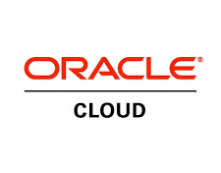Oracle: Switch now from Nashorn JavaScript engine
With plans to deprecate the Nashorn JavaScript engine in the upcoming Java Development Kit (JDK) 11, Oracle is encouraging developers to take a look at GraalVM virtual machine instead. Oracle says it’s more capable than Nashorn, and it has laid out a migration path from Nashorn to GraalVM. Oracle does plan to support Nashorn for a few years to provide time to migrate.
Like Nashorn, GraalVM supports JavaScript on the JVM. But GraalVM is independent of Java itself.
Oracle cited multiple advantages GraalVM has over Nashorn:






